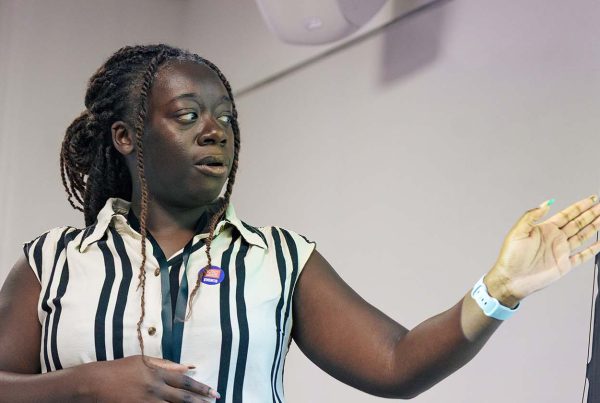The global development landscape is shifting dramatically, with recent changes at USAID and broader U.S. government funding priorities creating a ripple effect across the sector. Organizations that have long relied on these funding streams—from major implementers to international NGOs, as well as local partners embedded in communities worldwide—are facing unprecedented uncertainty. The question now is not just how to manage budget shortfalls but how to lead through them.
Acknowledging the Current Challenges
For organizations heavily dependent on USAID or U.S. government funding, the current environment presents a complex array of challenges:
- Funding Volatility: Shifts in policy priorities, delayed disbursements, and potential budget cuts create an unstable financial landscape that directly impacts program continuity.
- Increased Competition: As funding pools shrink, competition for grants intensifies, placing pressure on proposal teams and leadership to secure limited resources.
- Operational Strain: Uncertainty leads to talent retention issues, staff morale challenges, and the potential for mission drift as organizations pivot to chase new funding opportunities.
While these external factors are beyond any single organization’s control, what remains firmly within reach is the ability to lead with resilience and adaptability.
Strategic Leadership Responses
Navigating this period requires more than just financial prudence; it demands strategic leadership that can pivot, inspire, and stabilize organizations in flux. Here are three critical strategies to consider:
- Strengthen Adaptive Leadership Capacities: In times of uncertainty, traditional leadership approaches may fall short. Organizations need leaders who are not only operationally competent but also adaptive, flexible, and capable of making decisions with limited information. This involves fostering a culture where scenario planning, rapid learning, and agility are embedded into leadership practices.
- Reevaluate Talent and Succession Plans: Leadership transitions are inevitable, but in a volatile environment, they can become organizational vulnerabilities. Now is the time to review succession plans, ensuring there is a strong bench of leaders prepared to step into critical roles. This includes identifying high-potential internal talent and investing in their development, as well as reassessing board composition to ensure diverse, strategic governance.
- Diversify Leadership Skill Sets Alongside Funding Streams: While diversifying funding sources is a common response to financial risk, it’s equally important to diversify leadership competencies. Leaders with experience beyond traditional donor-funded environments—such as those from the private sector, philanthropy, or impact investing—can bring fresh perspectives on sustainability, innovation, and strategic partnerships.
How Oxford HR Can Support
At Oxford HR, we understand that leadership is the most critical asset an organization has, especially in times of change. We partner with international development organizations to:
- Identify and place resilient leaders who can navigate complexity and uncertainty.
- Support leadership transitions through succession planning and interim placements that ensure continuity.
- Develop leadership resilience programs that equip existing teams with the skills needed to thrive amid disruption.
- Advise boards and executive teams on governance strategies that align with evolving sector dynamics.
As your organization faces the dual challenges of funding uncertainty and the need for adaptive leadership, Oxford HR is here to help you not just survive—but emerge stronger, more agile, and better prepared for the future.
Reach out to us to discuss how we can support your leadership needs during this critical time.



